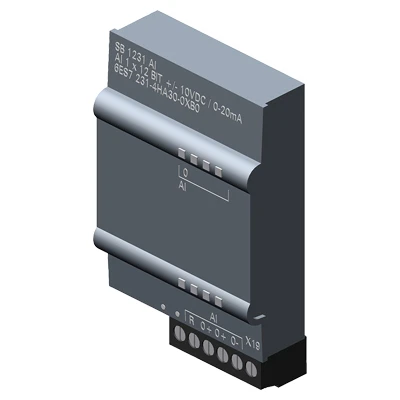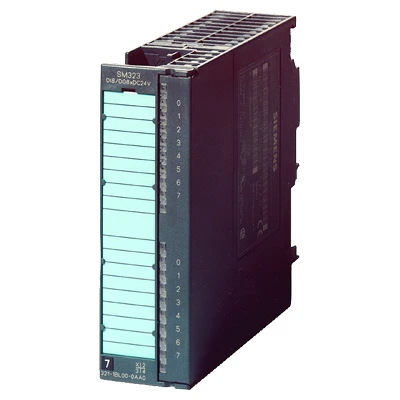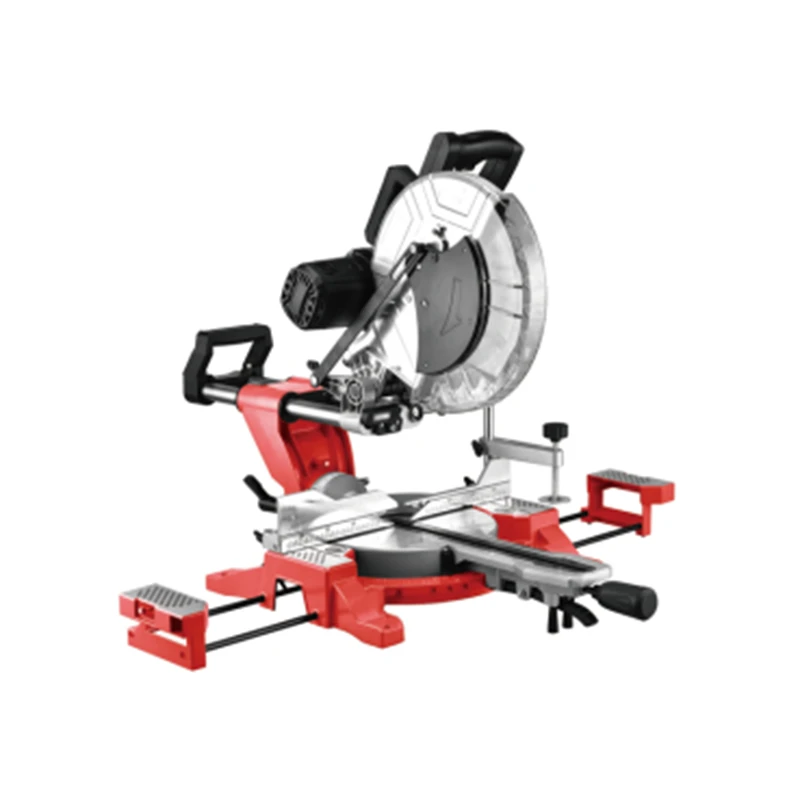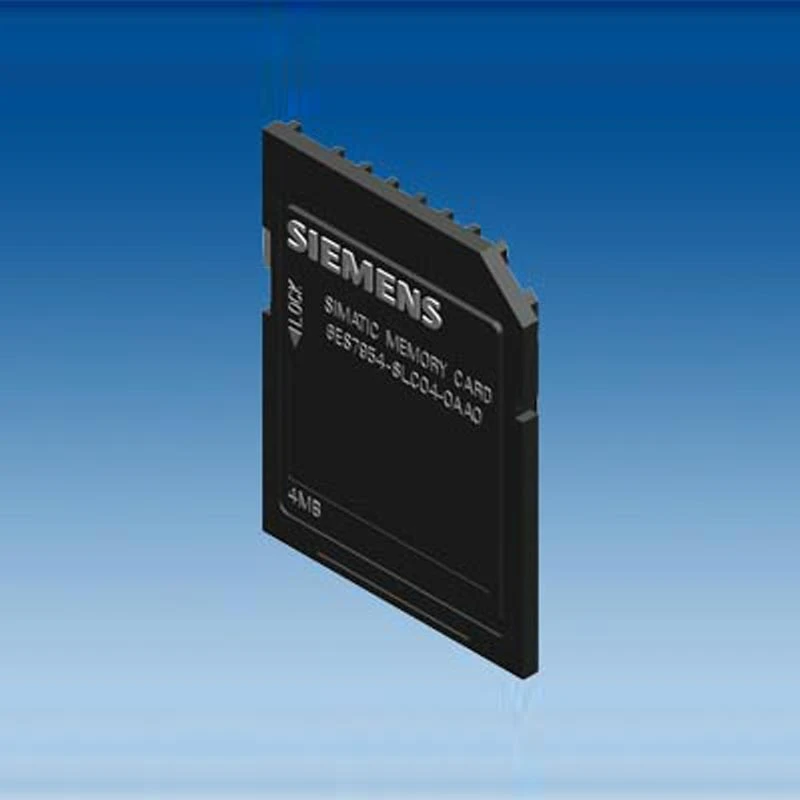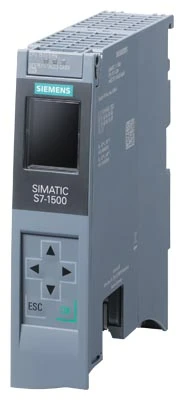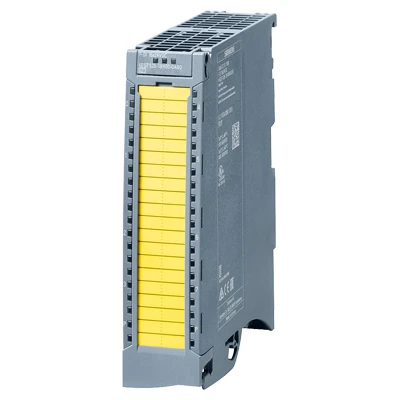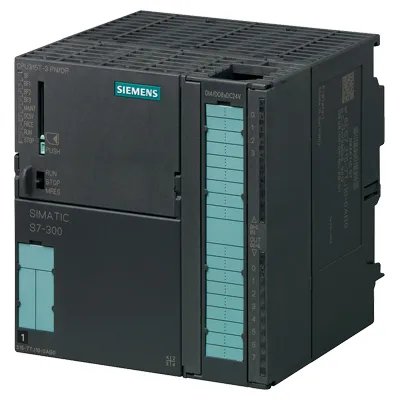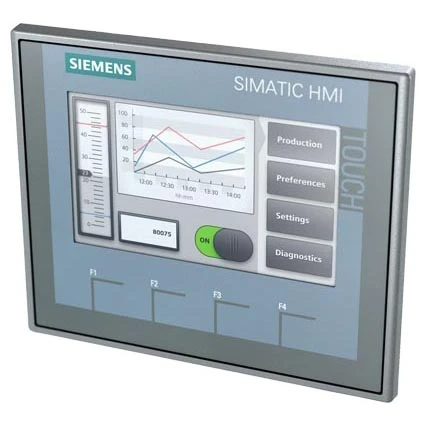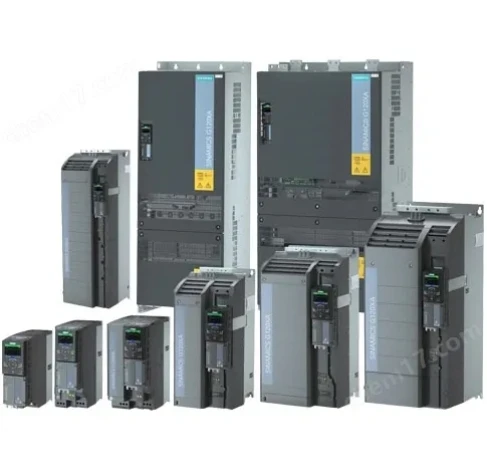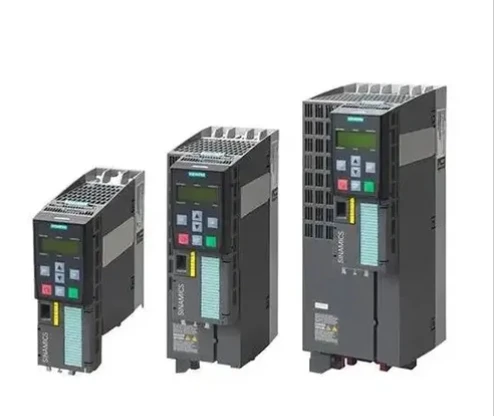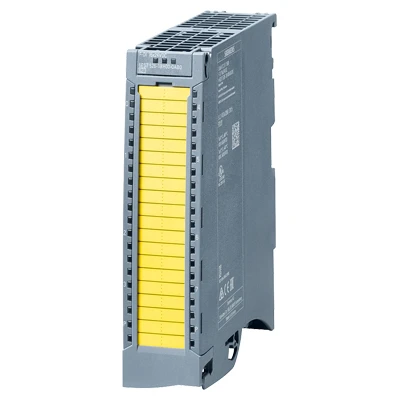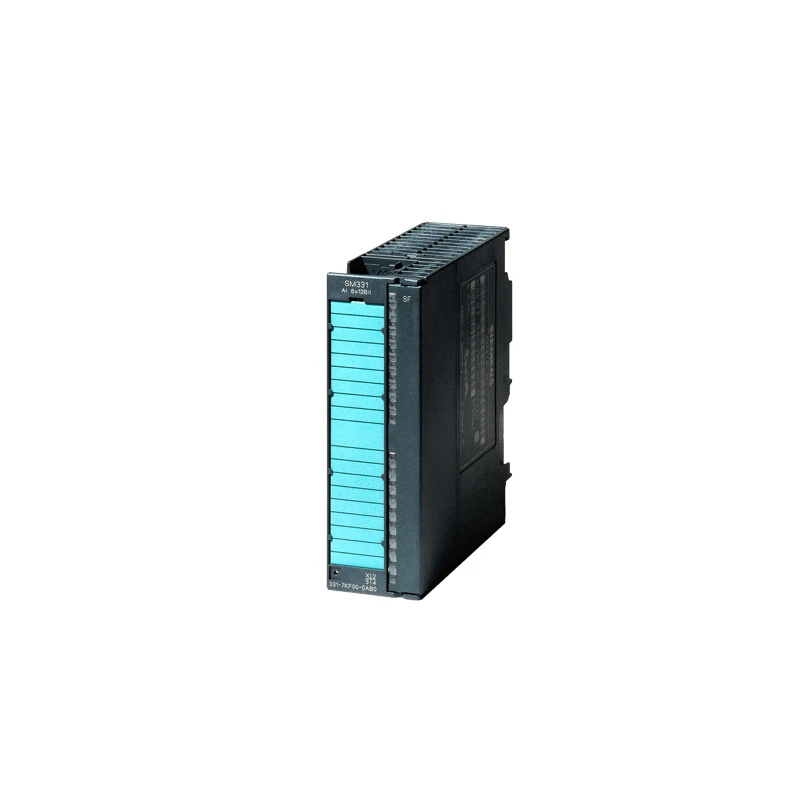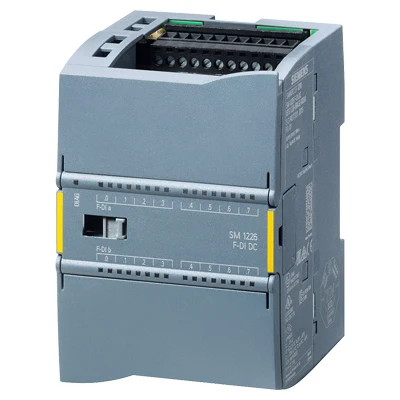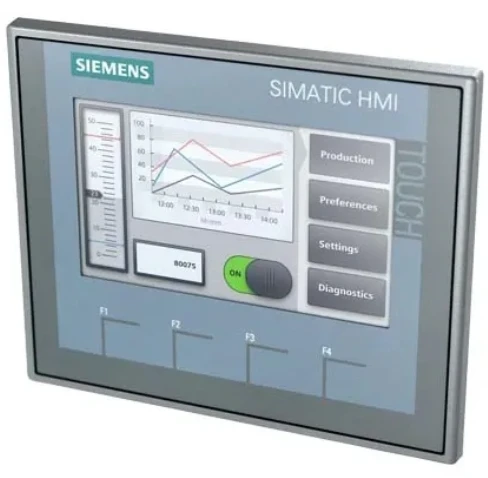S7-300 Analog Input Module-Precision Engineering for Industrial Automation | High-Precision Data Acquisition & Sensor Compatibility
Industrial automation relies on precise data acquisition systems to ensure operational efficiency and reliability. The S7-300 Analog Input Module from **Tianjin Yongkai International Trade Co., Ltd.** exemplifies cutting-edge engineering in this domain. Designed for integration into complex industrial control systems, this module offers exceptional accuracy, adaptability, and durability. This article provides an in-depth exploration of its features, technical specifications, applications, and the company's commitment to innovation.
Product Overview
The S7-300 analog input module is a critical component in industrial automation, enabling seamless data acquisition from a wide array of sensors and transducers. Its versatility makes it suitable for environments ranging from manufacturing plants to energy management systems. The module's ability to handle both voltage and current signals, along with compatibility with thermoelectric couplings, resistors, and resistance thermometers, underscores its adaptability.
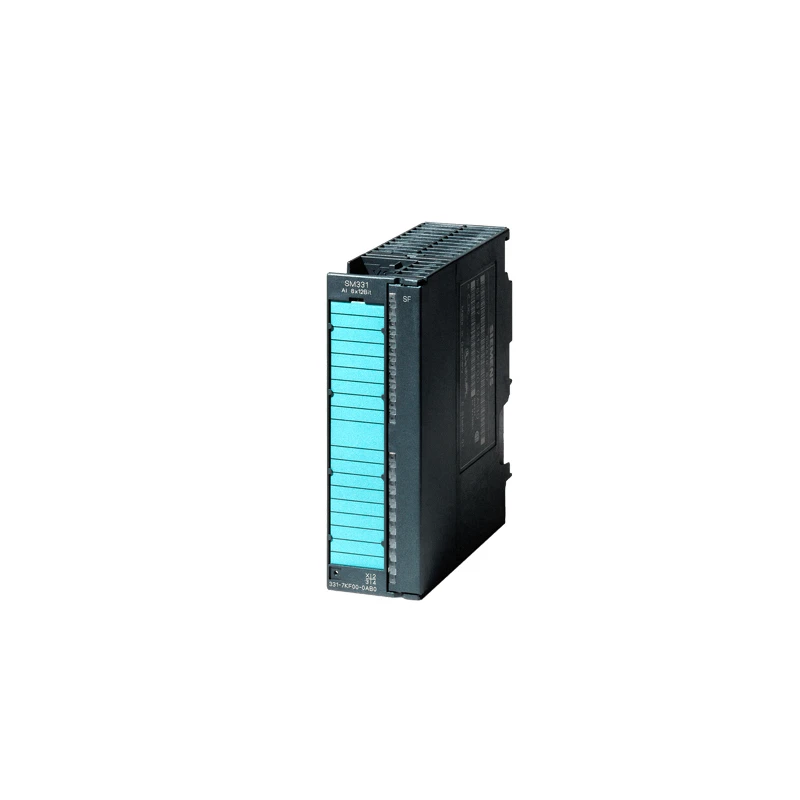
Key Features and Functionalities
The S7-300 analog input module is engineered to deliver exceptional performance in demanding industrial settings. Key features include:
- High-Precision Analog Inputs: The module offers 8 analog inputs with configurable accuracy levels, including 13-bit, 9-bit, 12-bit, and 14-bit precision. This flexibility allows users to tailor the module to specific application requirements.
- Multi-Sensor Compatibility: It supports a diverse range of sensors, including voltage and current sensors, thermoelectric couplings, resistors, and resistance thermometers. This broad compatibility ensures seamless integration into existing systems.
- Reliability in Harsh Environments: Constructed with industrial-grade components, the module is designed to operate reliably in high-temperature, high-humidity, and vibration-prone environments.
- Scalability: The module can be expanded to accommodate additional input channels, making it suitable for both small-scale and large-scale automation projects.
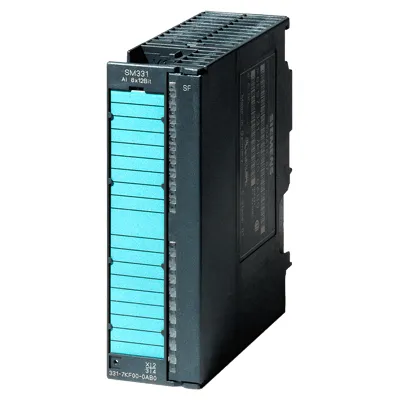
Technical Specifications
| Parameter | Specification |
|---|---|
| Number of Analog Inputs | 8 |
| Accuracy Options | 13-bit, 9-bit, 12-bit, 14-bit |
| Supported Sensors | Voltage/current sensors, thermoelectric couplings, resistors, resistance thermometers |
| Operating Temperature Range | -25°C to +70°C |
| Power Supply | 24V DC |
| Communication Interface | Standard industrial protocols (e.g., PROFIBUS, MODBUS) |
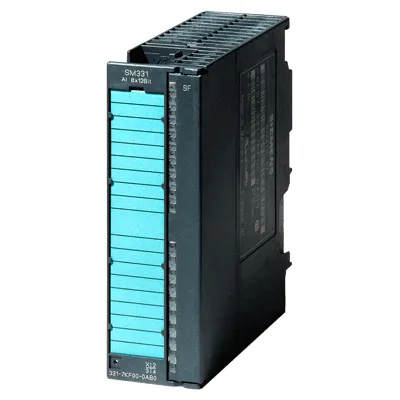
Applications in Industrial Automation
The S7-300 analog input module is a versatile solution for various industrial applications. Its high-precision data acquisition capabilities make it ideal for:
- Manufacturing Processes: Monitoring and controlling parameters such as temperature, pressure, and flow rate in production lines.
- Energy Management: Measuring electrical parameters in power distribution systems to optimize energy efficiency.
- Process Control: Ensuring accurate data collection for real-time monitoring and adjustment of industrial processes.
- Environmental Monitoring: Collecting data from sensors to track environmental conditions in facilities like warehouses and laboratories.
According to the National Institute of Standards and Technology (NIST), "Precision in data acquisition is critical for ensuring the reliability of automated systems. Standards like those developed by NIST underpin the performance metrics of such modules, enabling interoperability and consistency across industries." (NIST, 2025).
Company Background: Tianjin Yongkai International Trade Co., Ltd.
Based in Hebei, China, **Tianjin Yongkai International Trade Co., Ltd.** is a leading provider of automation solutions, specializing in industrial control systems and components. With a focus on innovation and quality, the company has established itself as a trusted partner for businesses seeking reliable automation technologies.
The company's commitment to excellence is reflected in its product lineup, which includes VFD manufacturers and VFD suppliers solutions. Their expertise in industrial automation has enabled them to serve a global clientele, offering products that meet international standards.
Advantages of the S7-300 Analog Input Module
The S7-300 analog input module offers several advantages that set it apart from competitors:
- Enhanced Accuracy: The module's high-resolution analog inputs ensure precise data collection, reducing errors and improving system performance.
- Flexibility: With multiple accuracy options and compatibility with various sensors, the module can be customized to suit diverse applications.
- Durability: Built to withstand harsh industrial environments, the module ensures long-term reliability and minimal maintenance.
- Cost-Effectiveness: By integrating advanced features into a single module, the S7-300 reduces the need for additional components, lowering overall system costs.
Integration and Compatibility
The S7-300 analog input module is designed for seamless integration into existing industrial control systems. It supports standard communication protocols such as PROFIBUS and MODBUS, ensuring compatibility with a wide range of PLCs and control systems. This interoperability allows users to leverage their current infrastructure while upgrading to more advanced data acquisition capabilities.
Future-Proofing Industrial Systems
As industries continue to adopt Industry 4.0 technologies, the demand for intelligent and adaptable automation solutions is growing. The S7-300 analog input module is well-positioned to meet these evolving needs. Its modular design and expandability enable it to support future advancements in automation, ensuring long-term value for users.
Conclusion
The S7-300 analog input module from Tianjin Yongkai International Trade Co., Ltd. represents a significant advancement in industrial automation technology. Its high-precision data acquisition capabilities, versatility, and reliability make it an indispensable component for modern industrial systems. Whether used in manufacturing, energy management, or process control, this module delivers exceptional performance that aligns with the highest standards of quality and innovation.
References
NIST (National Institute of Standards and Technology). (2025). https://www.nist.gov/

